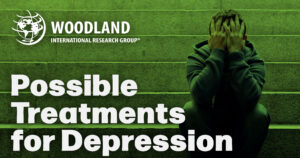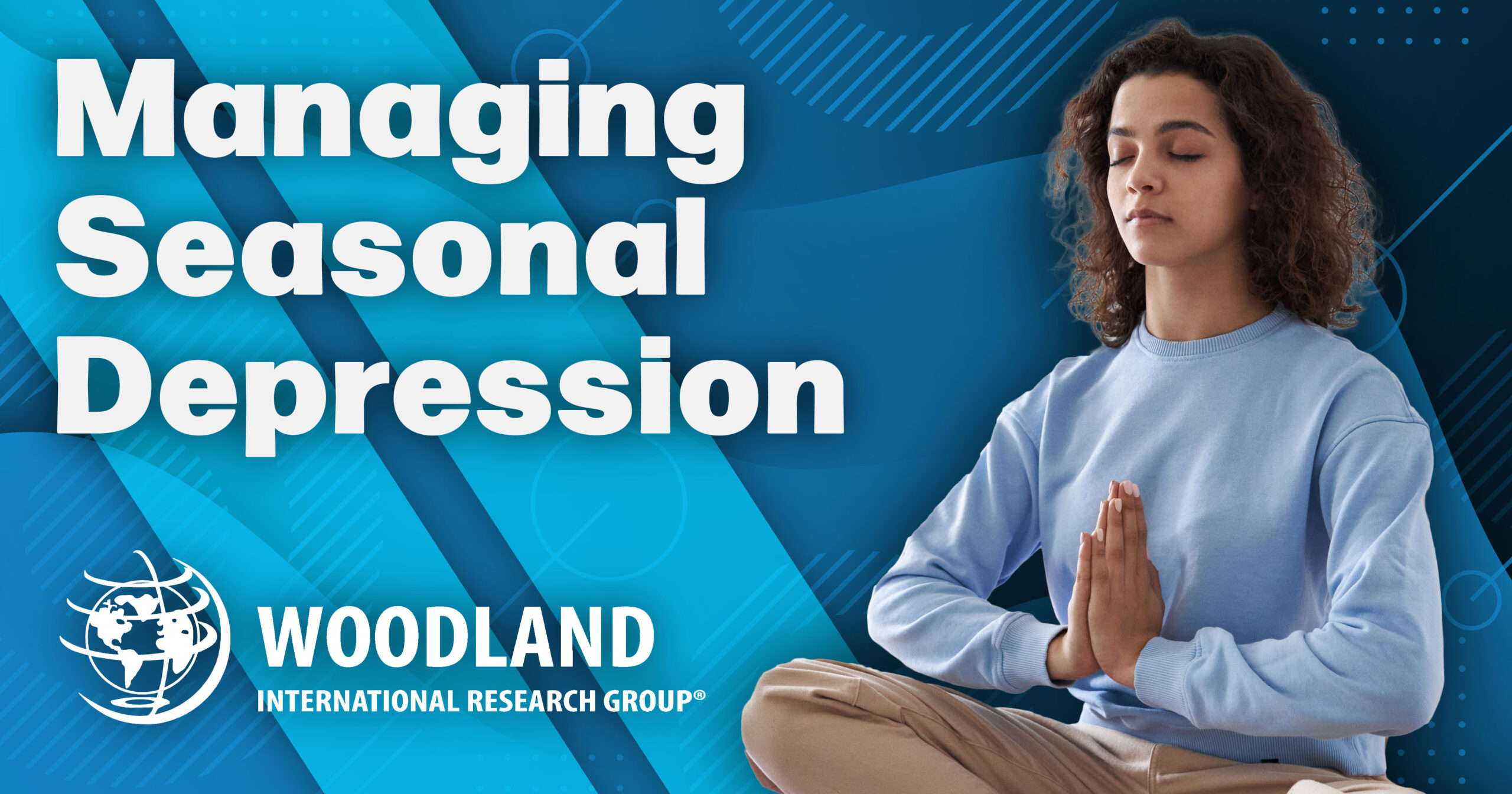Seasonal Depression, also known as Seasonal Affective Disorder (SAD), is a subtype of major depressive disorder that typically occurs during specific seasons, most commonly the fall and winter months. While the exact cause of SAD is not fully understood, there are various effective treatments available, both non-medicinal and medicinal-based. This blog post will explore a range of treatments backed by research to help individuals manage seasonal depression.

Non-Medicinal Treatments:
- Light Therapy: One of the most well-known non- medicinal treatments for SAD is light therapy, also known as phototherapy. This involves exposure to a bright light that mimics natural sunlight. The light helps regulate the body’s internal clock and serotonin production, thereby alleviating depressive symptoms. A study by Golden et al. (2005) demonstrated that bright light therapy significantly reduced symptoms of SAD in a controlled trial.
- Cognitive Behavioral Therapy (CBT): CBT is a psychotherapeutic approach that helps individuals identify and change negative thought patterns and behaviors contributing to their depression. A study by Rohan et al. (2007) found that CBT was effective in reducing symptoms of SAD and improving overall mood and functioning.
- Regular Physical Activity: Engaging in regular exercise has been shown to have a positive impact on mood and mental health. Exercise promotes the release of endorphins, which are natural mood enhancers. A study by Meeusen et al. (2019) indicated that aerobic exercise can significantly reduce depressive symptoms, including those associated with SAD.
- Melatonin Supplements: Melatonin is a hormone that plays a key role in regulating sleep-wake cycles. Some individuals with SAD may experience disruptions in their sleep patterns. Melatonin supplements can help regulate sleep and improve mood. A study by Partonen et al. (2000) found that melatonin supplementation was effective in reducing symptoms of SAD, particularly in individuals with disturbed sleep.
Medicinal Treatments:
- Selective Serotonin Reuptake Inhibitors (SSRIs): SSRIs are a class of antidepressant medications that work by increasing the levels of serotonin in the brain. They have been shown to be effective in treating various forms of depression, including SAD. A study by Lam et al. (2016) demonstrated the efficacy of SSRIs in reducing SAD symptoms and improving overall quality of life.
- Bupropion: Bupropion is an atypical antidepressant that works on norepinephrine and dopamine pathways. It has shown efficacy in treating SAD, with studies suggesting its potential to improve mood and reduce depressive symptoms. A study by Michalak et al. (2007) reported positive outcomes with bupropion treatment for SAD.
Managing seasonal depression involves a combination of non-medicinal and medicinal-based treatments. Light therapy, cognitive behavioral therapy, regular physical activity, SSRIs, melatonin supplements, and bupropion are among the effective strategies to alleviate symptoms and improve overall well-being. Individual responses to treatments can vary, so it’s important to consult with a healthcare professional to determine the most suitable approach for managing seasonal depression.
References:
Golden, R. N., Gaynes, B. N., Ekstrom, R. D., Hamer, R. M., Jacobsen, F. M., Suppes, T., … & Nemeroff, C. B. (2005). The efficacy of light therapy in the treatment of mood disorders: A review and meta-analysis of the evidence. American Journal of Psychiatry, 162(4), 656-662.
Rohan, K. J., Roecklein, K. A., & Lacy, T. J. (2007). Cognitive-behavioral therapy, light therapy, and their combination in treating seasonal affective disorder. Journal of Affective Disorders, 100(1-3), 25-32.
Meeusen, R., Piacentini, M. F., & De Meirleir, K. (2019). Endurance exercise as an “endogenous” antidepressive agent. Sports Medicine, 49(11), 1695-1706.
Lam, R. W., Levitt, A. J., Levitan, R. D., Enns, M. W., Morehouse, R., Michalak, E. E., … & Tam, E. M. (2016). The Can-SAD study: A randomized controlled trial of the effectiveness of light therapy and fluoxetine in patients with winter seasonal affective disorder. American Journal of Psychiatry, 173(5), 485-496.
Partonen, T., Lönnqvist, J., & Sutonen, P. (2000). Effect of melatonin on seasonal affective disorder: a randomized clinical trial. Journal of Clinical Endocrinology & Metabolism, 85(10), 4056-4060.
Michalak, E. E., Murray, G., Levitt, A. J., Levitan, R. D., Enns, M. W., Morehouse, R., … & Lam, R. W. (2007). Quality of life and functioning in patients with seasonal affective disorder. Journal of Affective Disorders, 97(1-3), 253-260.




